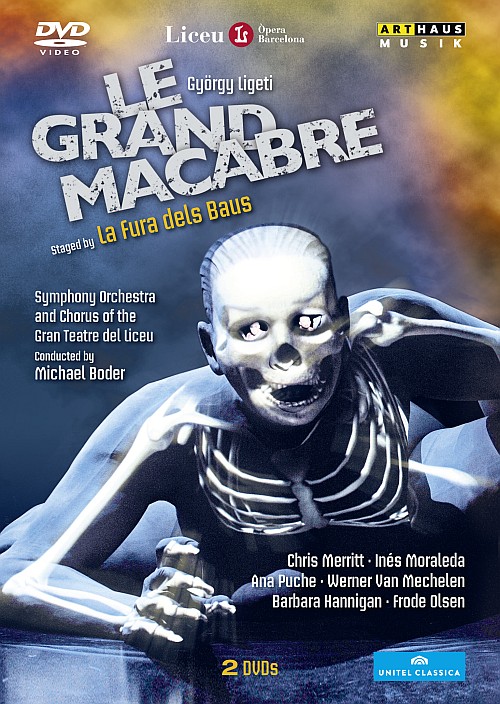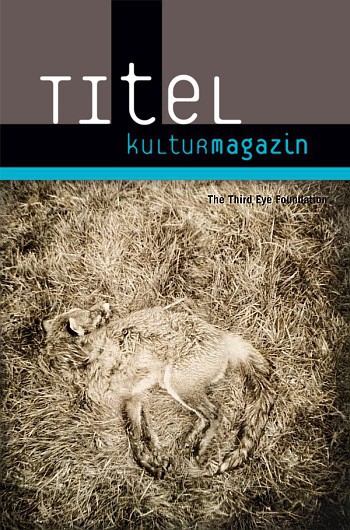Musik | Platte: Keith Jarrett: Sleeper
Eine Generation ist herangewachsen, für die Jazz und Jarrett Synonyme sind. So erfolgreich war in den Jahren, da Rock und Pop den Ton angaben, kein Jazzmusiker wie Keith Jarrett. Sein Köln Concert wurde, was man heute Kult nennt. Es drehte sich auf den Plattentellern zwischen Leonard Cohen und Eric Clapton. Der in jenen Jahren viel beschworene Gegensatz von »Kopf« und »Bauch«, von Intelligenz und Gefühl kam bei dieser Musik gar nicht erst auf. Und die Rede vom Tod des Jazz verstummte, jedenfalls vorübergehend. Von THOMAS ROTHSCHILD
 Schon ein Jahr vor dem Köln Concert, von dem im Lauf der Jahre fast vier Millionen Exemplare verkauf wurden, erschien bei ECM eine LP mit einem Quartett, das mangels eines Namens gemeinhin nach dem Titel der Platte Belonging-Quartett genannt wurde. Es bestand aus Keith Jarrett am Klavier, Jan Garbarek am Saxophon, bevorzugt am Sopransaxophon, Palle Danielsson am Kontrabass und Jon Christensen am Schlagzeug. Für viele Jazzfans war Belonging zumindest so aufregend wie The Köln Concert. Das Quartett machte noch eine ganze Reihe von Aufnahmen, von denen ECM einige, wohl aus Angst vor der Übersättigung des Marktes, erst mit Verspätung in Scheiben presste. Die skandinavisch-amerikanische Symbiose war vollkommen. So aus einem Guss klingen nur wenige Quartette der Jazzgeschichte.
Schon ein Jahr vor dem Köln Concert, von dem im Lauf der Jahre fast vier Millionen Exemplare verkauf wurden, erschien bei ECM eine LP mit einem Quartett, das mangels eines Namens gemeinhin nach dem Titel der Platte Belonging-Quartett genannt wurde. Es bestand aus Keith Jarrett am Klavier, Jan Garbarek am Saxophon, bevorzugt am Sopransaxophon, Palle Danielsson am Kontrabass und Jon Christensen am Schlagzeug. Für viele Jazzfans war Belonging zumindest so aufregend wie The Köln Concert. Das Quartett machte noch eine ganze Reihe von Aufnahmen, von denen ECM einige, wohl aus Angst vor der Übersättigung des Marktes, erst mit Verspätung in Scheiben presste. Die skandinavisch-amerikanische Symbiose war vollkommen. So aus einem Guss klingen nur wenige Quartette der Jazzgeschichte.
Nun hat Manfred Eicher nach 33 Jahren Bänder aus seinem Archiv gehoben, die in Tokyo mit diesem Quartett aufgenommen wurden, doch sie haben nichts Archivarisches an sich, sind lebendig, als wären sie eben erst eingespielt worden. Sieben Stücke enthält die Doppel-CD mit dem schönen Titel Sleeper, da sie doch, wie ein »Schläfer« einer terroristischen Vereinigung, unbemerkt auf ihren Einsatz warten mussten. Sie demonstrieren die ganze Vielfalt von Jarretts stilistischen Möglichkeiten. Sie weisen voraus auf spätere Konzerte und Aufnahmen Jarretts, auf seine Soloimprovisationen und seine Interpretationen von Standards. Mühelos wechselt der Ausnahmepianist von der Entwicklung melodischer Linien zum akkordischen Spiel, von der dichten Ausführung zu pointillistischen Andeutungen. Manchmal hat man den Eindruck, als wolle er die Geschichte des Jazzpianos herbeizitieren, einzelne Vorläufer nicht so sehr parodieren, wie ihnen Reverenz erweisen. Garbarek wiederum schlägt seinen ganz eigenen, unverwechselbaren Ton an. Nach den Jahren des ungebändigten Bebop führt er das Saxophon zu einer oft folkloristisch inspirierten Liedhaftigkeit zurück. Sidney Bechet ist ihm nicht weniger nah als John Coltrane oder Wayne Shorter.
Alle Titel wurden von Keith Jarrett komponiert. Das 21-minütige Eingangsstück »Personal Mountains« geht bruchlos in »Innocence« über. Auf das orientalisierende »Oasis«, das die zweite CD mit einer Flötenimprovisation Garbareks über grundierendem Bass und Schlagzeug eröffnet, folgt Funk vom Besten: »Chant of the Soil«. Das Quartett changiert zwischen synkopiertem Rhythmus und balladeskem Lyrizismus. Und das ganze Konzert, das keinen Augenblick durchhängt, ist ein Musterbeispiel für eine kluge Dramaturgie. Es hört sich an wie eine Einheit, auch wenn jedes der sieben Stücke autonom ist. Es hat das Zeug, ein Klassiker zu werden – auch mit 33 Jahren Verzögerung noch.
| THOMAS ROTHSCHILD
Titelangaben
Keith Jarrett: Sleeper – ECM










